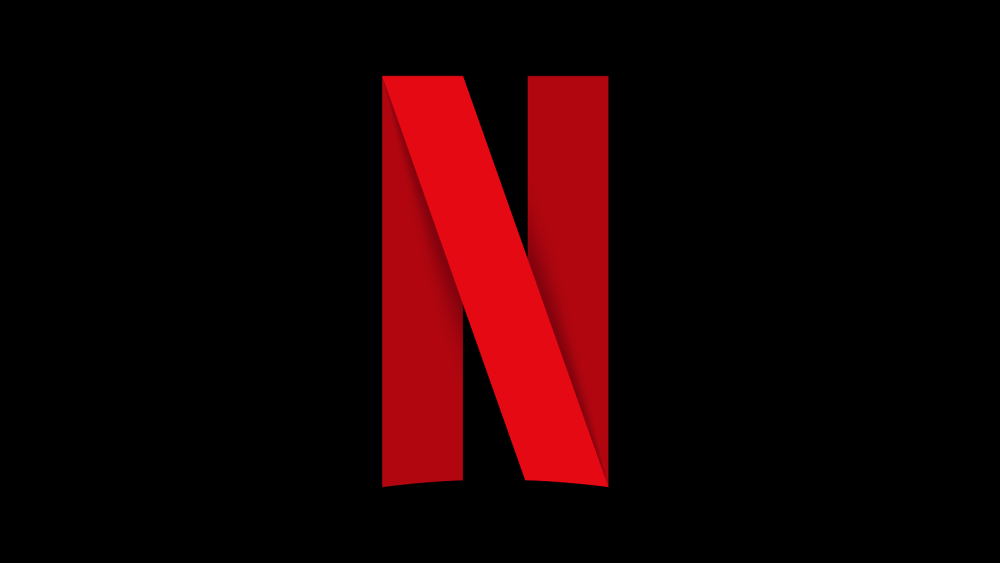Digital Tax is the new buzzword that the government is throwing around today. The South African government loves to meddle in affairs that really just rile everyone up. Last week we reported that parliament, specifically the SABC and Deputy Communications Minister Pinky Kekana, had proposed that South Africans should require a TV license to use Netflix — an idea so absurd it’s been one of the most fire memes of the last few days.
Of course, the absurd ideas haven’t stopped there as parliament now suggests that international companies such as Netflix, Amazon Prime Video and even Facebook are forced to pay a “Digital Tax” to continue running in the country. Which isn’t as ridiculous as it sounds but still pretty cheeky.
The report, published by the Department of Communications and Digital Technologies as a part of the Commission of the Fourth Industrial Revolution, insists that international companies that exist exclusively in a digital space pay taxes to the countries within which they operate. The funds acquired through these taxes would be used to improve the country’s digital infrastructure and that we could see sizable improvements in that sector if massive international corporations contributed their share to operations tax in the country.
Pulling from the report, “The infrastructure and other subsidized services and State investments which are recommended below can only be sustainably funded if technology companies are not allowed to avoid and evade tax in the manner in which they currently do so, for instance by transfer pricing and by selling IP to tax havens where the profits are allowed to accumulate, with little or no tax accruing in the countries where the companies actually operate.” It’s a fair enough claim, considering both Netflix and Facebook have recently been in trouble for abusing loopholes and avoid tax.

But will a digital tax actually work?
Maybe, it all depends on how it’s conducted. Honestly, with our corrupt government, I highly doubt any cash taken from a massive international corporation will actually go towards improving our online accessibility and infrastructure and that’s only if these companies accept the terms. They could very well turn around and reject the digital tax meaning that there’ll be plenty of heads butting against one another with a worst-case scenario of companies pulling out of the country (relax, that will never happen).
What this does mean is that if a digital tax is implemented, international services that require some kind of payment may increase in price for all users but that’s only if some kind of mandate is passed.
Honestly, it’s not a completely ridiculous idea. According to BusinessTech, Turkey implemented a similar system which requires all international digital businesses to pay a 7.5% Digital Service Tax and that’s been in place since March 2020 and going strong.
